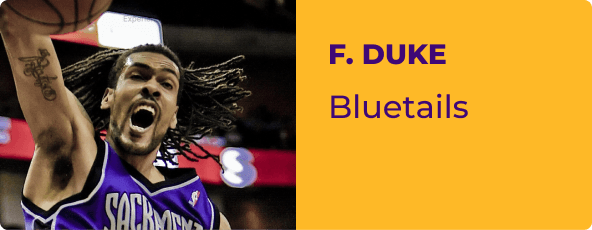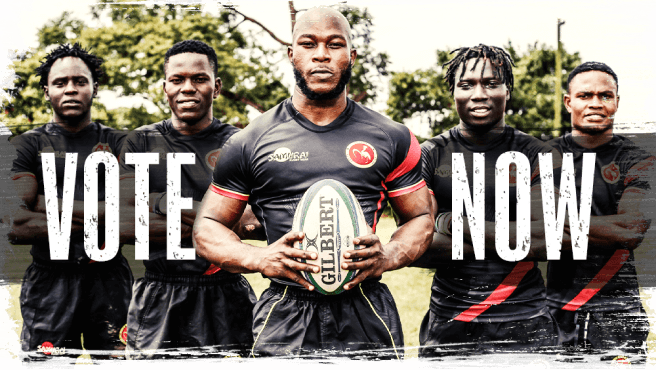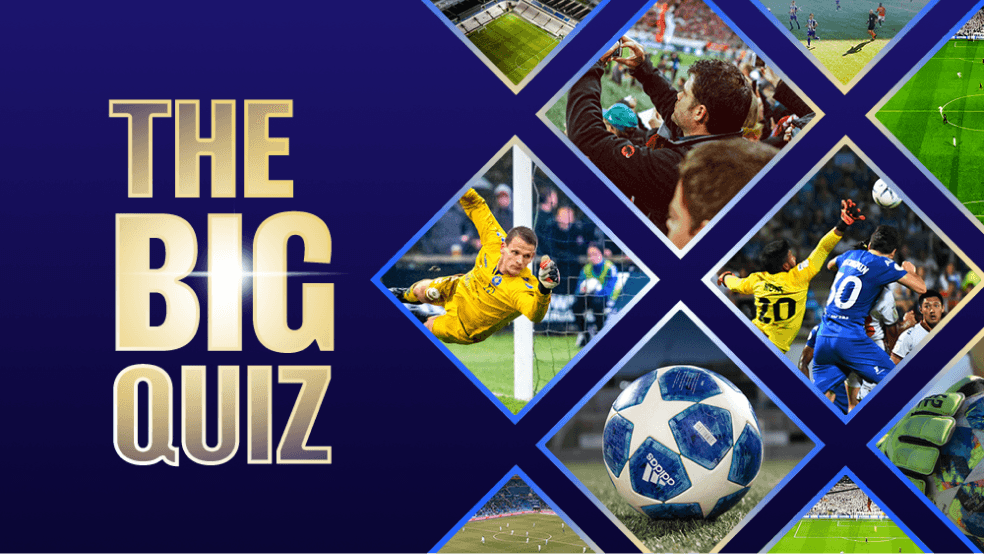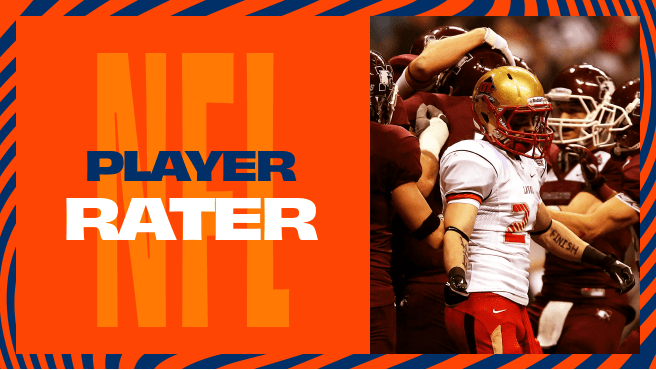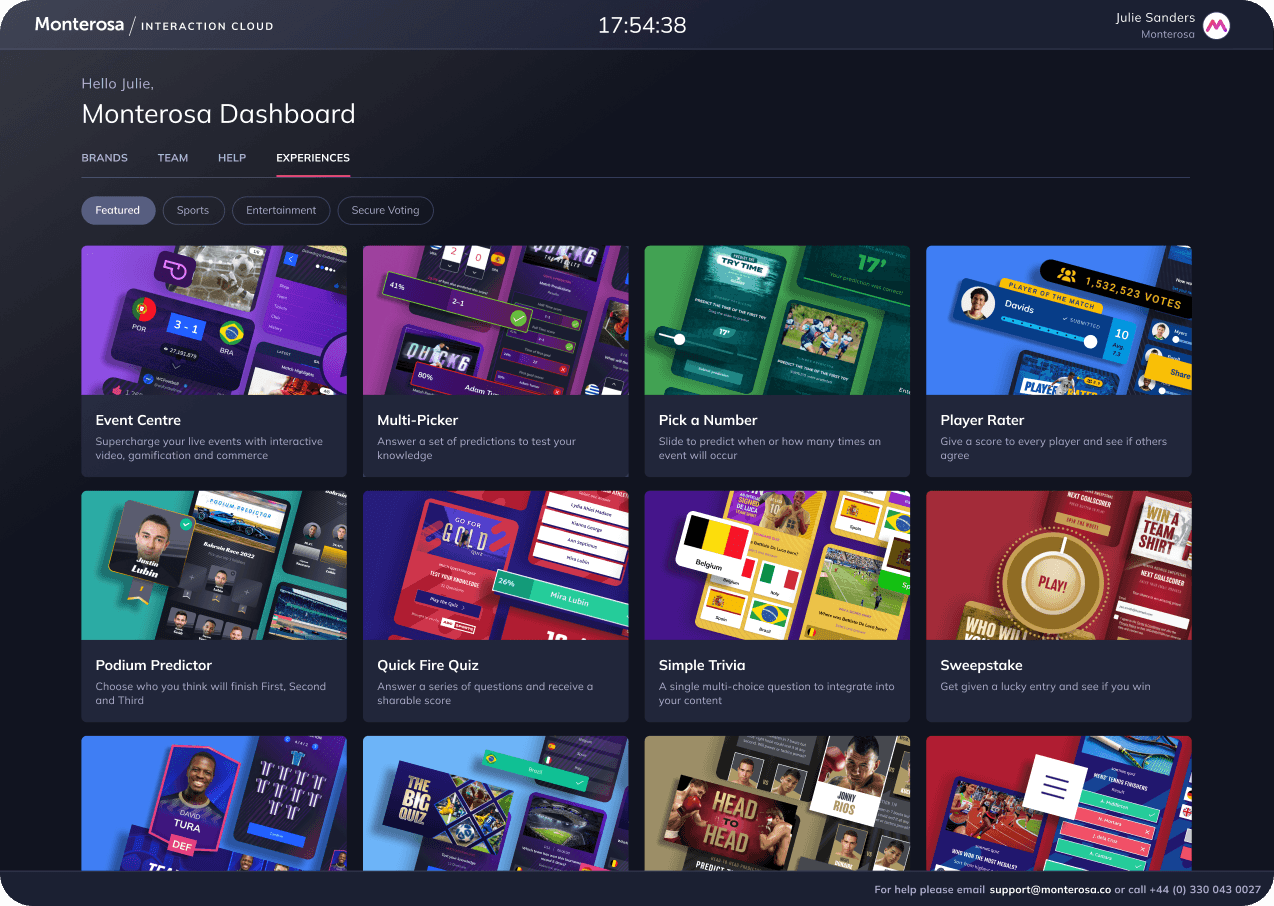Sports organisations are tapping into the power of gamified experiences to drive retention and conversions within their fan engagement campaigns. While gamification can improve retention across industries, brands with direct-to-consumer (D2C) business models have the most to gain.
Here’s why.
Sports organisations can benefit significantly from gamified experiences, driving revenue with subscriptions, merchandise sales, ticketing, sign-ups and other conversions. In most cases, the most significant value is derived from data, powering direct marketing, feeding personalisation with interests and preferences, and generating actionable insights.
To be clear: gamification doesn’t mean creating in-app games for users to play. When we talk about “gamifying” an experience, we’re referring to using techniques that lead users through standard experiences in ways that feel like a game. Gamifying an experience means making a task fun, giving it a sense of purpose, and making the experience seamless— where every element feels dynamic and purposeful.
There are four primary ways that sports organisations implement these strategies to drive fan engagement. Let’s dive in.
1. Official sports teams apps
When users download and first open a team’s app, they are often encouraged to register or sign up to access exclusive content and games. This is a highly effective mechanism to capture first-party data.
By placing gamified elements across the app, sports organisations can also capture data points that identify behavioural traits. For instance, using exclusive match imagery and video replay content with interactive layers— like a poll or a quiz— can help brands gain behavioural insight from users, such as their affinity with a specific player. Brands can then use this to personalise content the user sees from then on, and offer them products they’re likely to purchase.
Using moderated chat and community involvement is another tried-and-tested way to increase user retention and obtain voluntary first-party data from users. Chelsea FC does this very well. They had over 70,000 virtual attendees for a recent league match via the official ‘Chelsea 5th Stand' app.
Another (non-football) example is Goodwood with its SpeedWeek event. They used gamification mechanisms to reward users for making predictions, proving their knowledge and offering opinions.
2. Fantasy Leagues
Fantasy games bring fans together to invest time, money and passion in a fan-to-fan competitive tournament. They drive interest in the sport beyond a single team while attracting passionate, loyal usage, including app downloads and continuous engagement.
For instance, Fantasy Premier League, first launched in 2002, connects over 7 million players worldwide every season.
By assuming the role of "manager", fans can buy and sell players, collect points for goals, assists, saves, and other actions on the pitch. This can generate highly-talkable topics, sharable achievements and, of course, the all-important “League Invite” that drives viral adoption.
Fantasy leagues are a powerful gamified experience to drive high engagement amongst new and existing fans. Sports games, in general, are a vehicle for promoting the sport into growth markets. Over two hundred thousand people are playing in India, a highly competitive market for the sport.
The registration step, often seen as a barrier to entry, is welcomed by players who respect the need to store their scores and keep them updated. The game is also a direct funnel into merchandise, creating personalised, dynamic click-through to individual club shops.
3. eSports
One of the most prominent gamification examples in the sports industry is eSports (or electronic sports): a competitive gamified experience where fans play against each other, usually in front of a spectator audience like traditional sports. Competitors from various eSports leagues or teams face off in the same games popular with at-home gamers: Fortnite, League of Legends, Counter-Strike, Call of Duty, Overwatch and Madden NFL, to name a few. eSports create a competition with points and prizes to be won, leaderboards and reward cycles, keeping users engaged and hungry for more.
This type of gamified experience is a powerful tool for reaching a global fan base. Many sports teams have their own branded and well-funded esports teams; some official leagues have their official eSports leagues. During the pandemic lockdown, this mechanism proved valuable in building fan engagement before, during and after an event.
The French LFP, for example, was the first major domestic football league organiser to create and run its in-house virtual league when, in 2016, it partnered with EA and its FIFA title to launch e-Ligue 1. They've since had over 100,000 players represent their teams virtually, including real-life professional footballers, together with over 129,000 games played and 32,000+ engaged social media followers. This has led to regular news and media coverage, increasing their relationship with sponsors, including EA. It has been a real success in extending reach and knowledge about their fan-base, according to LFP Media Director Mathieu Ficot.
4. Sports Betting
Many sporting organisations harness the sports betting industry to increase awareness of their brand and drive sponsorship. Betting businesses themselves use gamified bets to attract and interest new users. With prediction bets, or “what will happen at X time”-type bets, sports fans who feel they have an added skill advantage are enticed to engage with their betting product and, in turn, spend even more time following the team(s) in question to learn more about their brand.
There you have it!
Four ways gamification can enhance fan engagement. Ultimately, it will depend on the specific audience and business outcome you want to drive. Still, gamification is and will continue to be a mechanism to increase engagement with a larger audience before, during and after match day.
Want to see how Monterosa can help you integrate gamification into your fan experience to drive revenue and engagement? Let’s talk.
